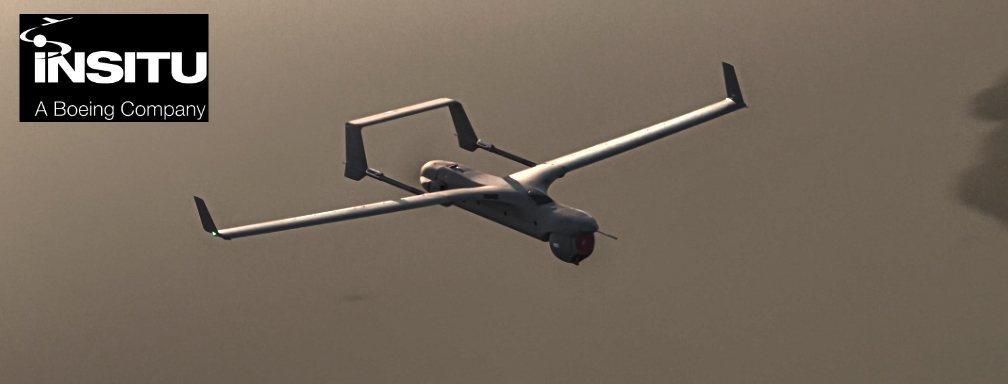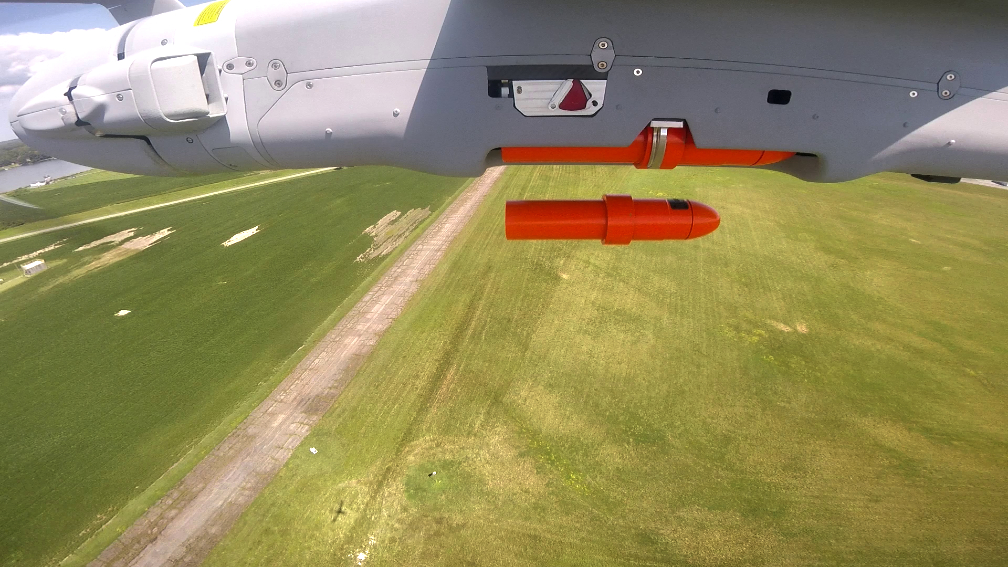
Insitu, a Boeing company, has announced a munitions program for its Integrator UAS, which adds a highly sought-after, strike capability to the platform’s unmatched payload portfolio and class-leading, 24 hour flight endurance.

Insitu collaborated with multiple weapons developers and U.S. Government (USG) agencies to enable the Integrator to deliver miniature, precision munitions and guide them to their targets. During September of 2021, the RQ-21 Blackjack variant of the Integrator successfully delivered various inert kinetic payloads for a U.S. Navy test program. Testing of additional munitions remains underway.
Integrator’s unique modular design enables it to carry multiple payloads during the same mission. It is a NATO Class 1 Small UAS (DoD Group 3 UAS) that carries up to 25 percent of its maximum gross takeoff weight as payloads distributed among its nose, payload bay, two wing trays, and two wing-mounted hardpoints.
The nose is typically equipped with one of several Intelligence, Surveillance, and Reconnaissance (ISR) turrets while the payload bay typically carries a synthetic aperture radar, a wide-area motion imagery sensor, a wide area maritime surveillance sensor, a communications relay payload, or one of several signals intelligence/electronic warfare payloads, which can be easily swapped in the field using common hand tools. Each of the munitions were developed as modular, self-contained payload bays that include the weapon(s) and the stores management system.
“Based on global events and the evolution of the modern battlefield, Insitu’s customers are demanding a kinetic strike capability. To meet this demand, we are actively partnering to test a variety of kinetic capabilities for the Integrator UAS, which will shorten the time from detection and identification to execution. This modular capability builds on Integrator’s unique design and enables our end users to easily transition between kinetic and non-kinetic missions.” — Abigail Denburg, Vice President of Global Growth, Insitu
